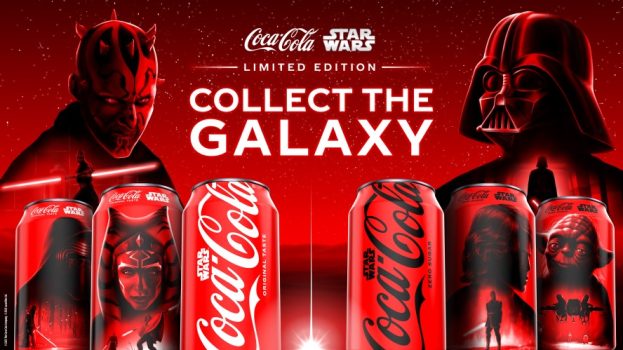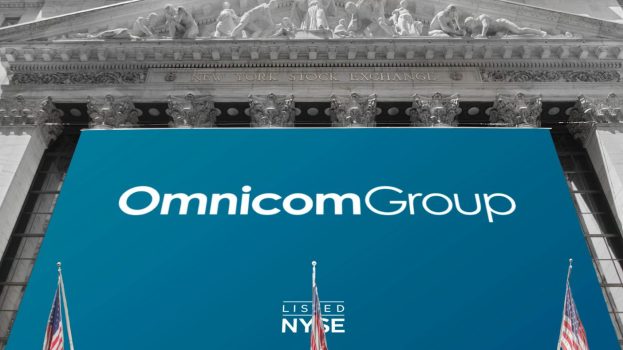The expected boost for private label brands is going to extend to holiday purchases, one of several pandemic trends the latest report from EY predicts will impact the busiest shopping period of the year.
The consultancy surveyed 13,519 respondents globally across 18 countries, including Canada, as part of its Future Consumer Index research.
The polling found that 90% of Canadians will pivot to private labels in at least some of the categories where they previously bought brand names this holiday season.
“With sudden supply chain interruptions and store closures across the globe, many consumers have had to switch up their typical buying habits to try new products and purchasing methods when their go-to brands weren’t available,” says Lokesh Chaudhry, EY Canada’s consumer co-leader.
To make sure momentum private label saw earlier in the pandemic stays strong, grocery banners have been actively pushing their offerings. Metro, for example, invested in a holiday magazine dedicated to them as both options for entertaining and as gifts, while Sobeys’ push has included its largest-ever private label campaign for Compliments in the fall.
According to Ryan Beck, EY Canada’s consumer co-leader, it’s not just value-seekers expressing an interest in private label brands: consumers who have prioritized things like buying local or making sustainable choices have also expressed higher-than normal interest in store brands.
A big reason private label is expected to have continued strength is because trends around consumer decision-making accelerated by the pandemic are expected to stick around. The two top considerations for a purchase continue to be price (for 60% of consumers) and availability (40%). When choosing a product or service, the survey shows Canadian consumers are being judicious about their spending, with 62% of respondents saying they are thinking more carefully about how they spend their money.
The push to digital is also going to have continued strength. According to the survey, 89% of Canadian survey respondents will shop online for things they used to buy in store for the holidays, while 62% will visit physical stores less frequently.
The acceleration of ecommerce reinforces how retailers need to rethink digital transformation agendas to ensure brands are offering holiday shoppers a virtual experience centered on choice, speed, ease, value and affordability — not just on products.
Beck says consumers are focused on getting through their checklists quickly and efficiently. He warns that this means retailers need to “take bold actions to transform how they position products like groceries, decorations, fabrics and lights, that consumers would typically be able to touch and feel, attractive and interactive for online shoppers.”
Despite the hype surrounding upcoming Black Friday sales, only 40% of Canadians plan on participating in it or similar holiday sales events. It’s part of a broader trend of deferment: 69% of Canadians report they are postponing purchases of big-ticket items.
























